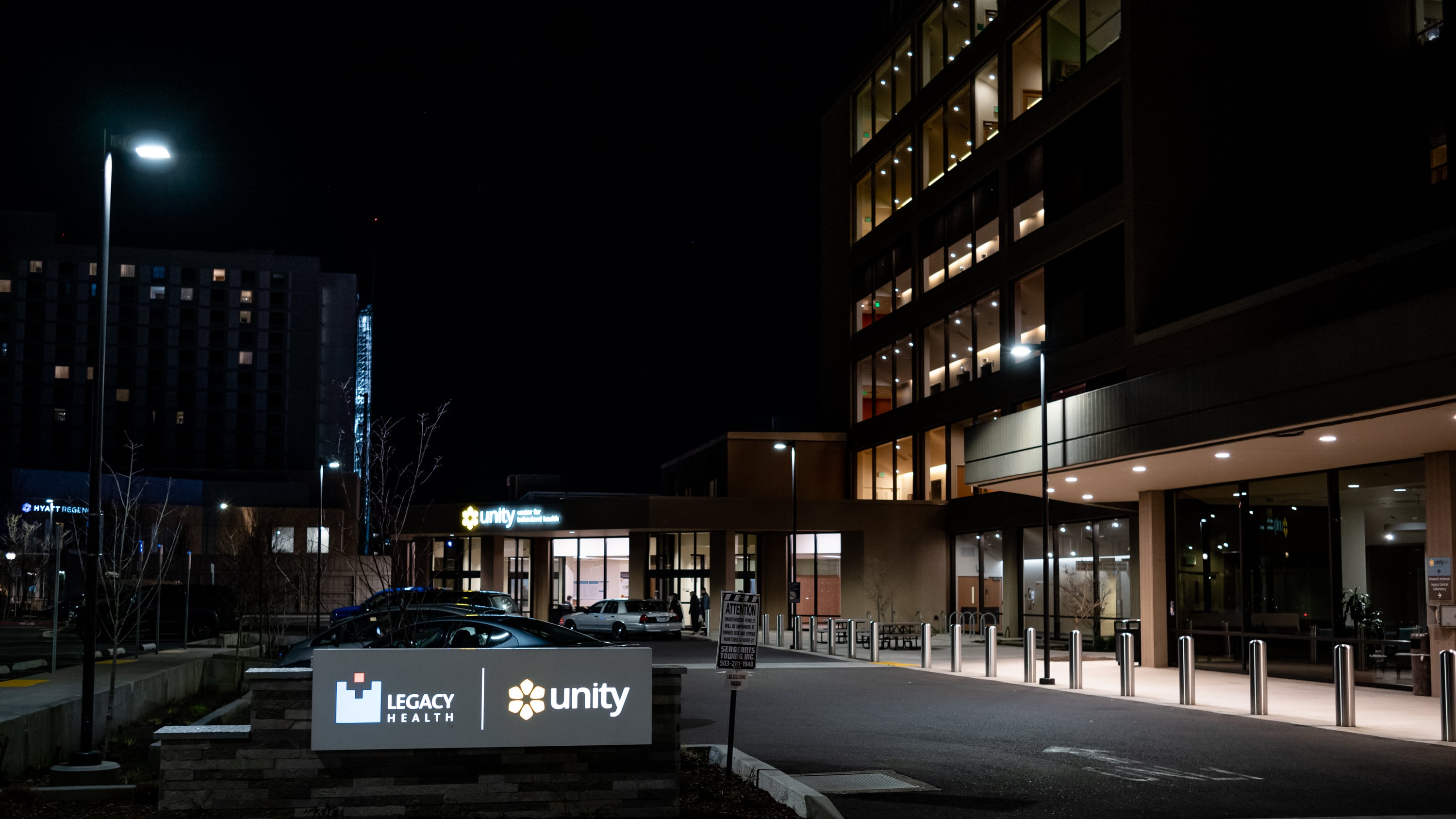The Oregon Health Authority said on Oct. 15 it was prepared to grant a certificate of need to a controversial mental hospital long proposed for Wilsonville.
OHA initially rejected a proposal for the Wilsonville hospital in 2017, saying there was no need for it. But UHS applied again in 2019, and that application has since ground through the process for acquiring a certificate of need, without which a hospital cannot open. (UHS already operates a 98-bed psychiatric hospital in Cedar Hills.)
In August, OHA officials gave a tentative green light to the hospital but proposed two significant restrictions on the company.
First, OHA dialed back the number of beds from 100 to 60. Second, state officials said that 45 percent of those beds would have to be allocated to patients who have been civilly committed; are in court custody; or are in a diversion program. The proposed approval also allows the hospital to allocate beds to Medicaid patients if there isn’t enough demand from patients who are committed, in custody or in diversion.
The 38-page decision makes clear that the large number of psychiatric patients who are being warehoused in general hospital emergency rooms played a big role in the decision to allow development of the new facility.
Patients who are warehoused—hospitals refer to the practice as “boarding”—often get few or no services because ER staff are not trained to treat people in psychiatric crisis. The patients are instead held until a psychiatric bed or community-based placement can be found.
“Oregon health policy has a strong preference for psychiatric services provided in community-based care settings as well as for outpatient methods of meeting behavioral health needs, when feasible,” the OHA decision says.
“Notwithstanding this preference, OHA finds that the volume and duration of ED boarding and lack of placements available for those in acute crisis supports increasing capacity for acute inpatient psychiatric services.”
UHS and other affected parties now have 60 days to decide whether to challenge the proposed order in a contested-case hearing before an administrative law judge.

